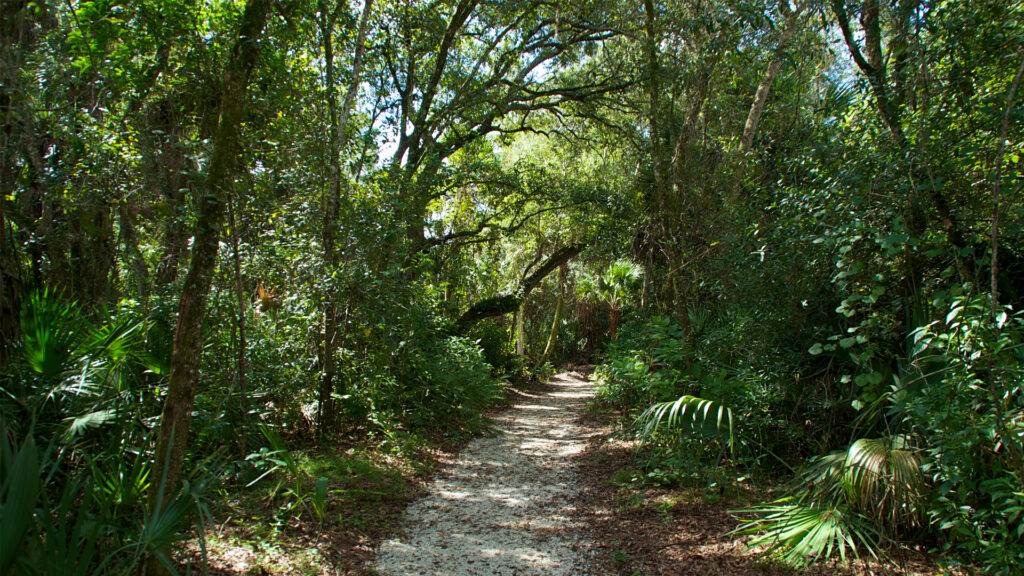By Kurt Krapfl, ACR; and Bailey Evans, Green Assets
Despite best intentions, landowners are increasingly faced with tough decisions to sell their forests or convert them to other uses, leading to forest loss. A new strategy pays forest owners for keeping their forests as forests. By making a long-term commitment to conservation, landowners can get paid by using carbon credits.
Nearly 40% of forestland in the U.S. is owned by families and individuals. In the South, this number jumps to roughly 66%. However, urban development in the South has also increased nearly 80% since 1990, and the need for food, housing and resources to keep pace with a rapidly growing population exerts increasing pressure on the forested landscape.

In short, when the financial value of a forest is significantly less than the value an owner could achieve from other land uses, that forest — along with the clean water, wildlife habitat and flood mitigation it provides — is at risk of loss. Indeed, every year, the U.S. loses more than 3 million acres of forestland to other land uses.
Since 2001, Florida lost roughly 5 million acres, or 28%, of its total forest area. This equates to several football fields worth of forest and other natural habitat cleared every day. And if Florida continues growing at its current pace, another 2 million acres of the state’s ranches, timberland and farms could be developed by 2070.
While this may make financial sense, it is not good news for the people or wildlife that depend on the forest for ecological or recreational benefits, or for the climate. In the United States, forests store more carbon than any other “carbon sink,” capturing and storing 13% of the nation’s annual greenhouse gas emissions. In Florida, when an acre of forest is cut down, more than 67 tons of carbon is released into the atmosphere on average.
As forestland is converted to other land uses, previously stored carbon is emitted into the atmosphere. Globally, forest loss and degradation contribute between 12% and 20% of greenhouse gas emissions, counteracting approximately 20% of the carbon sequestered by annual forest growth. Beyond the carbon impacts, forest loss also drastically decreases the benefits provided by forests.
But there is an opportunity for a “win-win” outcome for southeastern forest owners thanks to developments within the voluntary carbon market.
The idea is simple: To create a credit representing one metric ton of climate benefit from efforts to keep forests as forests. Through carbon markets, landowners have a financial incentive to conserve their forests. In traditional forestry, management is focused on maximizing returns from timber output. With carbon credits, forestlands can be managed for maximizing returns from carbon sequestration, along with continued management for forest products.

This isn’t to say that every property would be eligible. To meet the demands of the market, a carbon project would have to demonstrate the real likelihood of conversion to an eligible alternate land use — including agriculture, residential, commercial or recreational development, or mining — then enact a legally binding conservation easement ensuring continued forest cover and long-term carbon storage and accumulation.
Simply put, for too long we have undervalued the benefits of standing forests. This has led to forest owners making rational economic decisions based on financial return, often resulting in forest loss or degradation. Carbon markets offer a strategy for generating financial return from actively conserving existing forests for their carbon storage, which will also benefit water quality, flood resilience, recreation and wildlife habitat. That’s a win-win.
Kurt Krapfl is director of forestry at ACR, a carbon crediting program operating in global compliance and voluntary carbon markets. Bailey Evans is the chief executive officer of Green Assets, a North Carolina-based business that creates and implements sustainable conservation projects. This opinion piece was originally published by the Sun Sentinel, which is a media partner of The Invading Sea.
If you are interested in submitting an opinion piece to The Invading Sea, email Editor Nathan Crabbe at ncrabbe@fau.edu. Sign up for The Invading Sea newsletter by visiting here.




There has to be accountability that holds all parties. There have been reports of people selling carbon credits multiple times . We cannot afford to waste effort. Time is fast running out for any mitagation. Climate change is here.